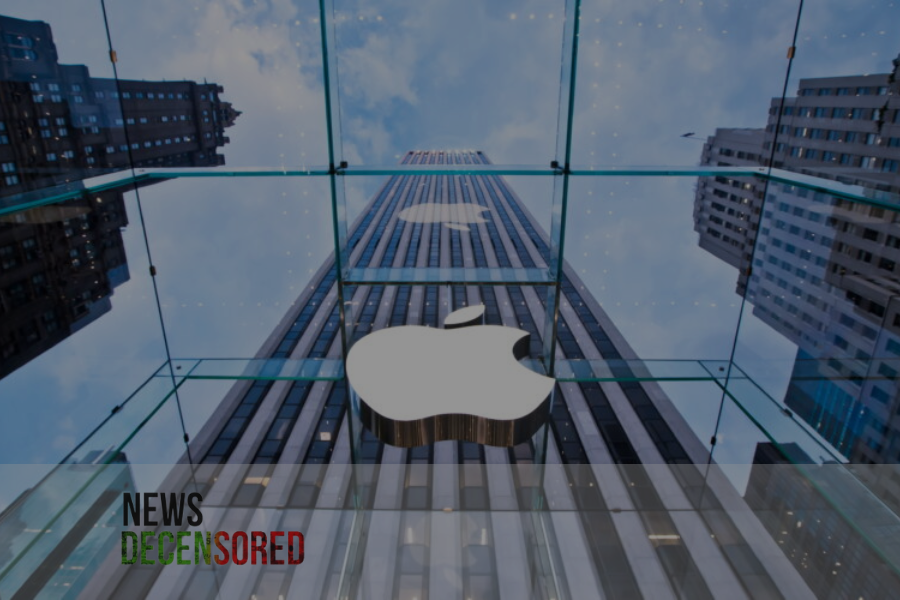Apple is set to ensure that it shows off its strength in AI strategy, given that its rivals have taken an early lead in integrating AI into their operations.
The primary spotlight of this effort will be the annual developers’ conference, during which Tim Cook needs to remove any skepticism and present Apple as a significant player in the AI business. Although Apple has steadily incorporated AI into its products, it has not stated clear AI plans or adopted vital disruptive technologies, such as generative AI, which emerged in late 2022.
On the other hand, Microsoft and Google, for instance, have embarked aggressively on Artificial intelligence products and services, and their companies have leapfrogged Apple in stock market capitalization. In the eyes of the experts and shareholders, everything that defines Apple’s current and future position in AI relations happened on Monday at the conference.
Forrester analyst Dipanjan Chatterjee prescribes June 10 as the date marking a new milestone for Apple; the Silicon Valley titan may use it to announce new additions to its iOS 18 operating system, where AI is clearly spotlighted. This is seen as affirming future plans for Apple’s innovations, which will exploit AI to enrich the experiences in interconnected devices and services.
An anticipated tie-up with OpenAI with the rumored creation of an iPhone-only chatbot partnership is expected to redefine the facilities of Siri, Apple’s voice assistant, which is frequently associated with its drawbacks. These transformations are expected to lay the foundation for the release of iPhone 16 later in the year and to inaugurate a new era for Apple’s growth.
Generative AI has a bright future, at least in theory, in terms of enhancing the usage of portable devices such as smartphones and computers, but it is still more in its infancy than in its maturity. One of the problems that is suggested to face Apple is the need to incorporate AI possibilities into the company’s functioning while the company truthfully prizes its uncompromising approach to the protection of users’ data.
As an analyst at Creative Strategies, Carolina Milanesi underlined Apple’s primary focus on encouraging users to upgrade their iPhones by optimizing device performance and user experience through AI. Given the cutthroat nature of the technological industry, such a strategic imperative is instrumental to the company’s operations.
Emarketer senior analyst Gadjo Sevilla noted that the company’s ability to integrate generative AI into its products would be an actual test of its technology dominance. Failure in this regard threatens Apple’s position against the upcoming smart-AI adversaries.
Apple’s CEO Tim Cook has already unwrapped Apple’s focus on attaining AI dominance by incorporating recent models of iPads and MacBooks with enhanced, AI-enabled chips. On the same note, analysts opine that Apple needs to be very careful to balance the innovation evident in most of its products with the protection of user data privacy to remain unshakable.
As Apple gears up for WWDC and its expected AI announcements, everyone at Ifrit is waiting with bated breath to see how the tech giant will tackle these issues and define the direction of intelligent computing experiences.















